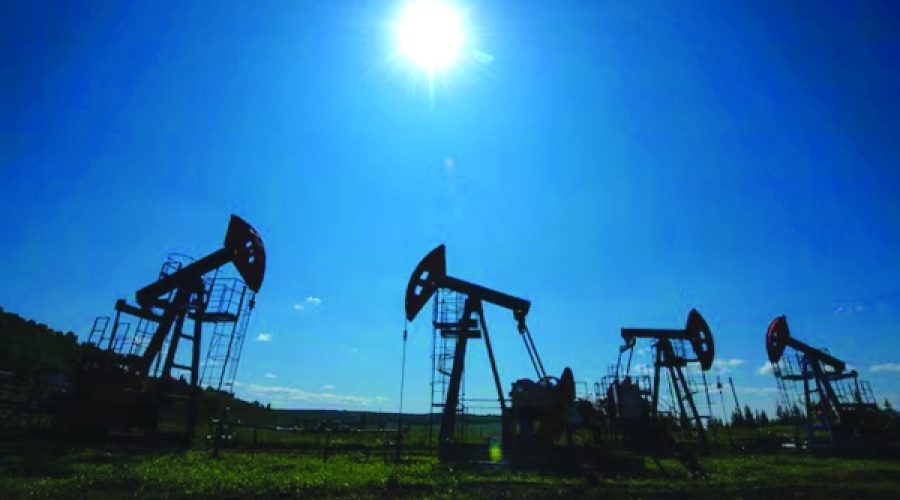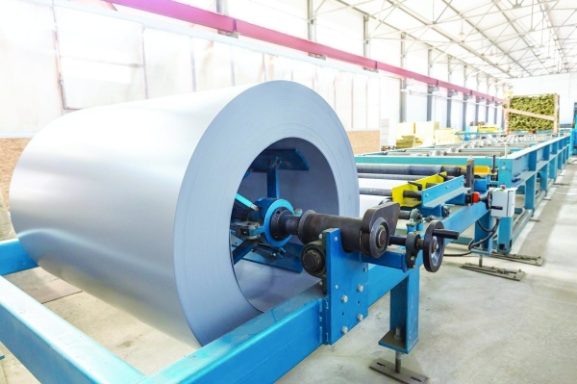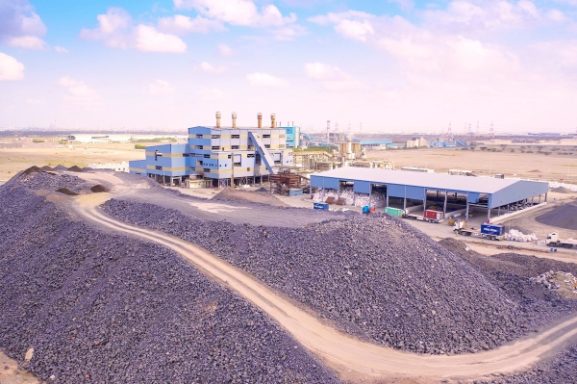Oil Prices Rise 1% Following Trump’s Statement on India Halting Russian Oil Purchases: What It Means for Global Markets and Investors
TOKYO — Oil prices increased by approximately 1% on Thursday following US President Donald Trump’s statement that Indian Prime Minister Narendra Modi had committed to ending India’s purchases of Russian oil, a development that could tighten global supply. By 0655 GMT, Brent crude futures gained 56 cents, or 0.9%, reaching $62.47 per barrel, while US West Texas Intermediate (WTI) futures rose 58 cents, or 1%, to $58.85 per barrel.
Both benchmarks had fallen to their lowest levels since early May in the previous session due to concerns over US-China trade tensions and a warning from the International Energy Agency about a significant surplus expected next year. This surplus is attributed to increased output from OPEC+ and other producers amid weak demand.
Trump’s announcement on Wednesday highlighted India’s intention to halt its Russian oil imports, which currently constitute about one-third of the country’s total oil imports. The United States plans to next persuade China to take similar actions. This strategy is part of Washington’s broader effort to curb Moscow’s energy revenues and pressure Russia towards a peace agreement concerning Ukraine.
In response, India’s government emphasized on Thursday that its priorities remain stable energy prices and secure supply, without directly addressing Trump’s remarks. According to three sources familiar with the matter, some Indian refiners are preparing for a gradual reduction in Russian oil imports.
Additionally, US Treasury Secretary Scott Bessent informed Japanese Finance Minister Katsunobu Kato that the Trump administration expects Japan to cease importing Russian energy.
Currently, India and China are the largest buyers of Russian seaborne crude exports, which face sanctions from the US and the European Union. Prime Minister Modi has resisted US pressure for months, with Indian officials citing national energy security as a justification for continuing their purchases.
Tony Sycamore, market analyst at IG, noted, “At the margin, this is a positive development for crude oil prices as it would remove a major buyer (India) of Russian oil.”
On Wednesday, the UK government also announced new sanctions targeting Russian companies Rosneft and Lukoil. The sanctions include oil terminals, China’s private refiner Shandong Yulong Petrochemical, 44 tankers transporting Russian oil, and Nayara Energy Limited, a Russian-owned refinery in India.
Investors will closely monitor weekly US inventory data from the Energy Information Administration later on Thursday, following mixed reports from the American Petroleum Institute.
— Reuters
Special Analysis by Omanet | Navigate Oman’s Market
The potential reduction in Indian and possibly Chinese imports of Russian oil signals a tightening global supply that could support higher oil prices, presenting both opportunities and risks for Oman’s energy sector. For Omani businesses and investors, this geopolitical shift underscores the importance of leveraging rising prices while preparing for increased market volatility and evolving trade dynamics. Strategic diversification and strengthening supply chain resilience should be top priorities to capitalize on emerging regional energy alignments.



